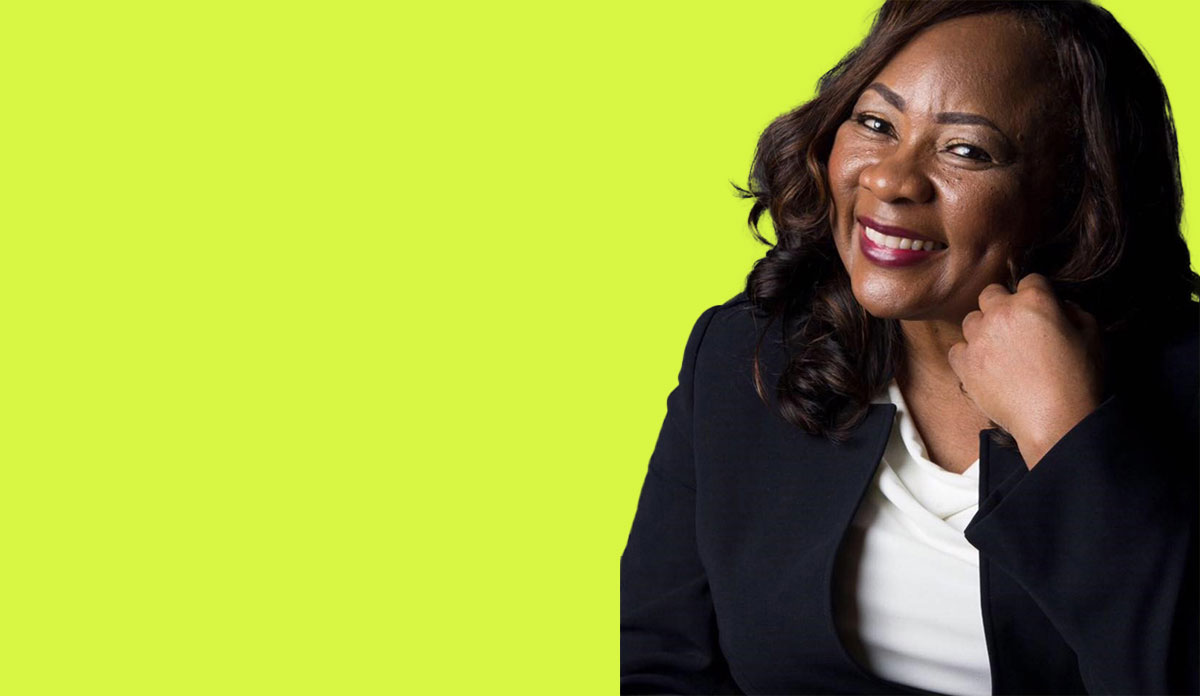Public Health Post: What is rural bias?
Catherine Coleman Flowers: Policymakers, often unintentionally, discriminate against rural communities when they develop policies for cities where larger populations are centered. Rural areas are left out. Look at the lack of internet access and planning. We saw this during the Covid-19 shutdown when children were out of school but could not get virtual training or education because there was no broadband in those areas.
Also, many people living in rural communities are responsible for their own sanitation. In these areas wastewater treatment is decentralized, so homeowners take on the liability of maintaining their septic tanks. However, these septic systems are failing in large quantities around the country. Raw sewage is backing up into people’s homes and flooding into their yards, but the cost of replacing or repairing these systems costs more than what most people earn in a year.
How does victim blaming impact efforts to address health inequities?
It is easier to hold up a person – a poor person from Lowndes County – and say the reason they have raw sewage flowing into their yards is due to lack of education or poor maintenance of their septic systems. It is not just poor maintenance. The problem is these wastewater systems are not properly treating and discharging our sewage. We blame everybody for the problem except who is really responsible – those who sell bad policies and technologies that do not work. Victim blaming is partnered with structural racism.
More than one-third of the residents in Lowndes County had a hookworm infection from being exposed to raw sewage. What are these “neglected diseases of poverty,” and why have most people in the US never heard about them?
American doctors are not on high alert for parasitic diseases like hookworm because they don’t expect their patients to have wastewater on the ground. They do not expect our communities to be living around raw sewage.
I recently went to Mount Vernon, New York, which is an urban community about 20 minutes from Times Square in Westchester County. Westchester County is one of the wealthiest counties in the US. But their infrastructure is failing because they have clay pipes, which are especially susceptible to root intrusions and leaks. Sewage is coming into people’s homes and families are afraid of what diseases they are being exposed to. Most of the residents in Westchester County are of African-American descent, and what I am finding is that people of color tend to live in the areas impacted by sewage issues, no matter what their income status is.
What are some innovative solutions to address this country’s wastewater problems?
We have to start looking at wastewater differently to reclaim and reuse it. At the Center for Rural Enterprise and Environmental Justice, we’re starting to look at what is done in outer space. In space, they treat wastewater on the spot so that it is drinkable.
Our goal is to bring together aerospace engineers, who deal with wastewater treatment, with people from places like Lowndes County who have dealt with these septic system failures. We hope to come up with a prototype for what the future of wastewater treatment could look like. What I envision is something that a person could buy from a Home Depot or Lowes to have in their homes that would put sewer pipes out of commission forever.
You end your book by saying anyone can be an activist. What are different forms that activism can take?
There are many different aspects to activism. Some people work in policy. Some people do research. Some will write letters or make phone calls. Everybody does not have to be doing the same thing, but we should all work toward a common goal. That goal should be to make sure we protect human life and the health of the planet; to take actions that will benefit seven generations to come.
Catherine Coleman Flowers will speak virtually on Sept. 9, 2021 at 4:30 p.m. as a part of the Fall 2021 SPH Reads program. RSVP to join the public health conversation here.














